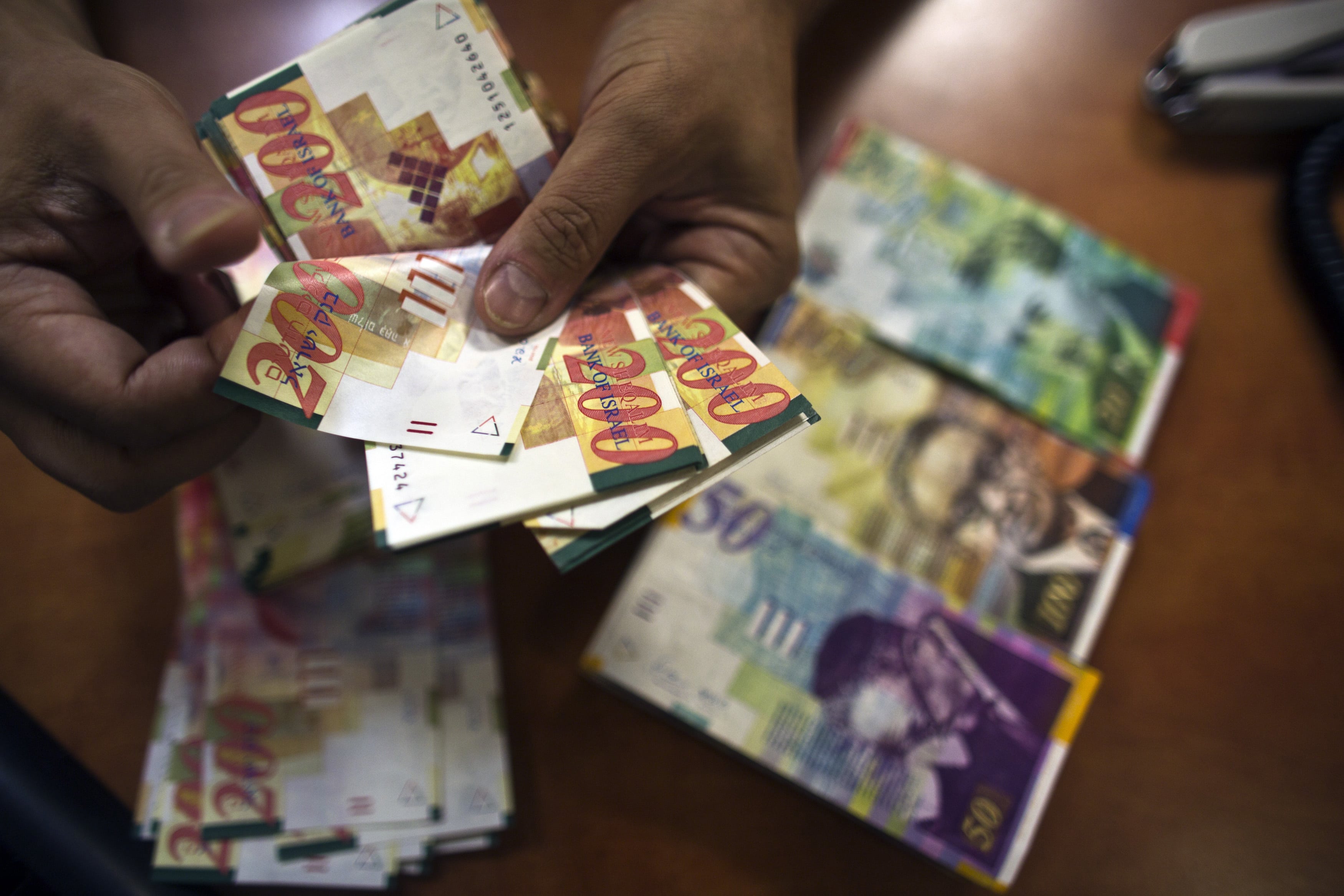While working on creating a legal framework for cryptocurrencies and related fundraisers (ICOs), the Israeli authorities are now considering launching its own Bitcoin-like digital currency.
Discover credible partners and premium clients in China's leading event!
As profiled in The Jerusalem Post today, the nation’s finance ministry and central bank are mulling issuing a ‘digital shekel’, a possible response to growing frenzy around the virtual asset class, which has prompted warnings from a range of financial heavyweights.
A finance official told reporters that the digital currency would be based on Blockchain technology, and maintained by a network of computers on the internet rather than a central authority. He also stated that the digital currency will not replace any specific currency, but will be a new tool for Payments that “records every transaction by mobile phone and make it more difficult to evade taxation.”
The official, however, stated that the idea is still in the initial phases and no date has been set to launch the state-sponsored digital currency, which needs to be approved by the Knesset.
“There’s a lot that people need to think about before going through with this reform. We’re looking at the legal, financial, regulatory and money- laundering sides of this.”
The official expanded a bit on the idea, saying that the new coin would act similarly to cash by not passing through a bank-clearing system, but rather changing hands immediately.
“You can imagine that instead of giving you a piece of paper saying the Bank of Israel on it, I can send you a piece of digital code that was issued by a central bank, with the digital currency being stored in a digital wallet,” he explained.
Meanwhile, the Israeli government has been working on creating a legal framework for Bitcoin and other digital currencies. Last month, Finance Magnates reported that the Israeli Securities Authority has been evaluating the new industry, and the ICO craze in particular, with an eye to deciding how exactly to regulate it. Several options are under discussion, from treating digital currencies as securities to an outright ban. What is very clear though is that the authorities are keen to avoid another binary options-style scam festival.
With the news, Israel becomes the latest nation to see its financial regulators consider a digital currency, a process that for most has included at least some exploration of blockchain-based assets.
A similar attitude toward digital currencies has been developing recently with central banks in Russia and China already announcing trial runs of prototype cryptocurrencies, which could serve as rivals to the likes of Bitcoin and Ethereum.
Part of this progress, however, was achieved only because the authorities in these countries don’t want to cede the cryptocurrency space to companies that they have no control over, claiming that this could create a long-term jolt for national economies.

















